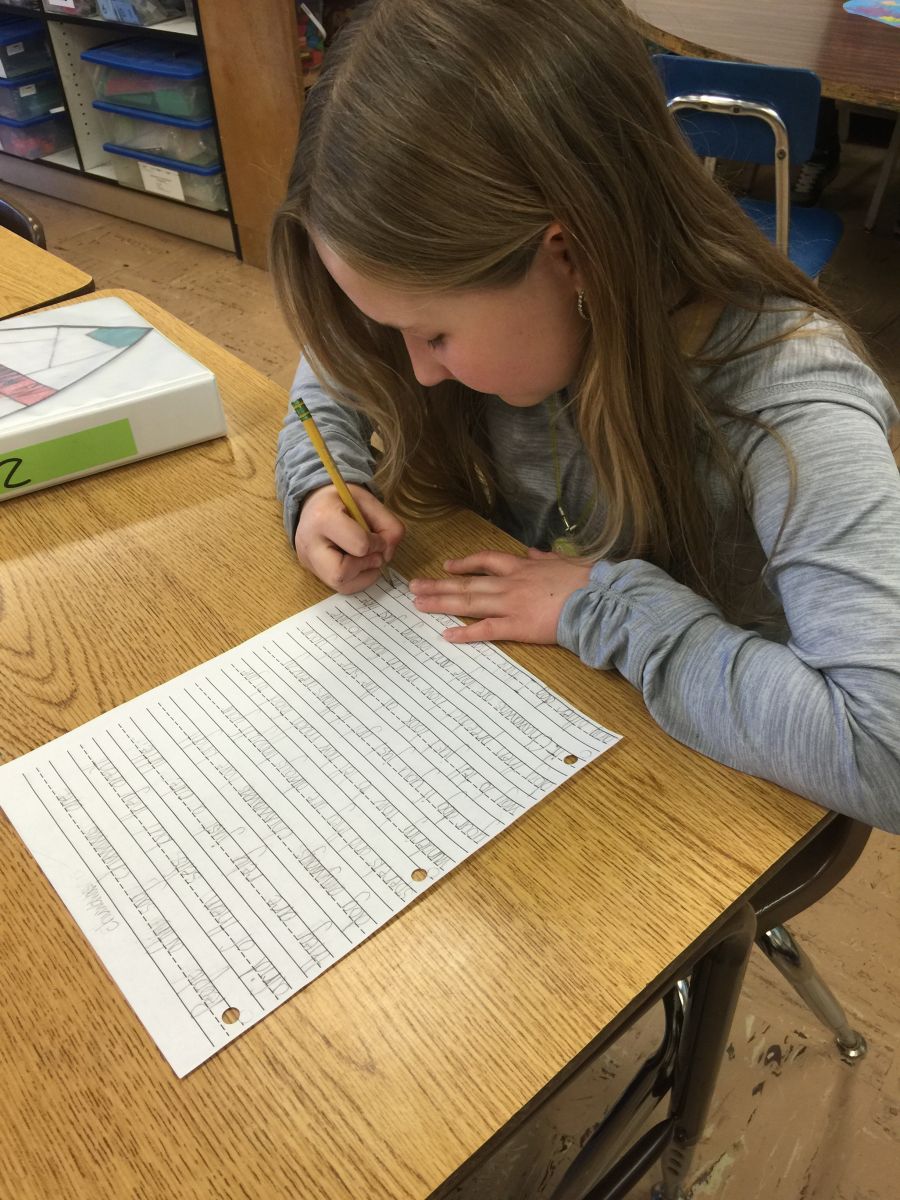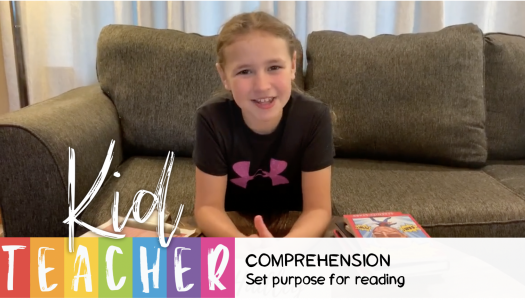Building a Writing Culture
Join Our Community
Access this resource now. Get up to three resources every month for free.
Choose from thousands of articles, lessons, guides, videos, and printables.
By Julie Frank
“I don’t know what to write about!” That is a challenge for even the best writers, so it’s no wonder that my students struggle with it. Even when they can name a writing topic, they often have little to say about it. Oh, the frustration—for student and teacher! How do writers come up with topics? How do I come up with something to write about? These are the questions that helped me explore how to help my students, who face this challenge every day.
 In the past, when the writing lesson ended, all too frequently one or two (or more) voices chimed in with “I don’t know what to write about.” Though it would have been easy to give them more thinking time, I noticed that some students really needed additional support. They were filled with stories, but I needed to offer them tools to help them pull those stories from their heads and actually write about them. Lucy Calkins suggests that we teach children to write “what they know about, and care about.” This idea was very useful for my students. They often are fully aware of what they care about, but it is harder for them to realize what they know about. It is not enough to care about a topic. You must also know something about that topic if you are to have anything meaningful to write.
In the past, when the writing lesson ended, all too frequently one or two (or more) voices chimed in with “I don’t know what to write about.” Though it would have been easy to give them more thinking time, I noticed that some students really needed additional support. They were filled with stories, but I needed to offer them tools to help them pull those stories from their heads and actually write about them. Lucy Calkins suggests that we teach children to write “what they know about, and care about.” This idea was very useful for my students. They often are fully aware of what they care about, but it is harder for them to realize what they know about. It is not enough to care about a topic. You must also know something about that topic if you are to have anything meaningful to write.
Let’s return to my reflection question: How do I come up with topics to write about? Does someone hand me a list of prompts? Not lately. In fact, even when I am writing to fulfill an assignment on a prescribed topic, I am still thinking about what to write and how to direct that writing.
What is it that our students need from us? Well, I offer students my struggle and my thinking. When I stand before them with blank paper and pen in hand, they get to hear my thinking. I talk about the ideas that float in my mind, why one topic might work better than others, and the fact that sometimes the most ordinary moments are worth writing about. In addition, I build a culture in which we are always ready to write our next story. In the past, when students came to me first thing in the morning with some exciting news, I began tagging them back by saying, “You should write about that today!” Soon they were greeting me at the door with “I know what I am going to write about today.” Our problem shifted from not knowing what topic to write about to not knowing which topic to write about.
I showed my students a way of recognizing their own great ideas. The result is students writing authentically, instead of writing for the teacher. This is a skill they can use today and for the rest of their lives as writers. It’s about cultivating a mind-set of capability. You can do this. Your students need you to!






